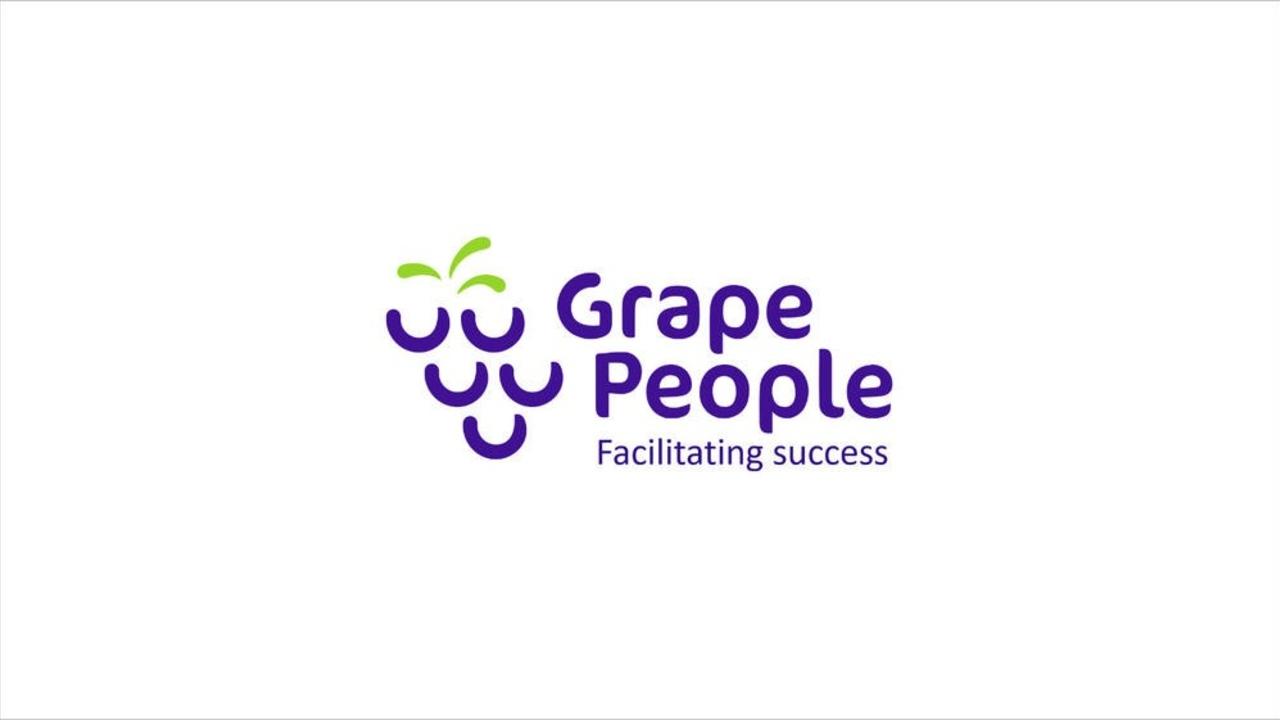Nothing is perfect, not even Idealogue

24.10.2016
Nothing is perfect, not even a wonderful tool like Idealogue. If you have visited the website www.idealoguemethod.com or if you have been following this blog, you know all about the tool’s strengths. It creates group consensus, it gets people interacting and creating connections with unlikely allies, and it helps people reach a deep understanding of the material covered in a session. But Idealogue does have its weaknesses. The question is, what are they and what can we do about them?
Using Idealogue is time consuming, and the method is not suitable for situations where time is extremely limited. The deep understanding of material that Idealogue creates requires that people talk with one another in small groups, and then do it again and again in new groups. This is the third stage of the method, repeated small group work. If time is limited and hearing the opinions and input of a group is more important than creating a deeper understanding, then a basic divergence or convergence tool is a better choice.
Idealogue is very successful in situations where the same context or question applies to the whole group. Imagine a problem solving session where different teams within a company are trying to think of possible causes for a production decline. People will come up with different reasons for what is causing the production decline, but everyone is working with the same question. This type of situation is perfect for using Idealogue.
But if there are multiple questions or issues that a group is working with, then Idealogue will not work because the repeated sharing and stealing of ideas in small groups would not be possible; some people would have ideas relating to one question which would not apply at all or be compatible with the ideas of the other half of the group that is focused on the other question. There are group methods like the Café Method which allow people to choose what topic they want to address and work with, creating small groups that are self-regulated and created on the basis of interest.
The tools mentioned above succeed where Idealogue is weak. But instead of deciding between which tools to use, you can structure a workshop which combines the tools. This way the strength of one tool covers the weaknesses of the other, and the group gets the benefits of both of the tools. How to combine different tools into a workshop is covered in detail in the upcoming book Beyond Brainstorming – Idealogue, by Pepe Nummi. The book is due to be released in the summer of 2016 but you can learn more about Idealogue now by visiting www.idealoguemethod.com.
Andrew Ullom
Feel free to reach out in case you would like a tailored training
for your team or organization: [email protected].
We are more than happy to help you!


